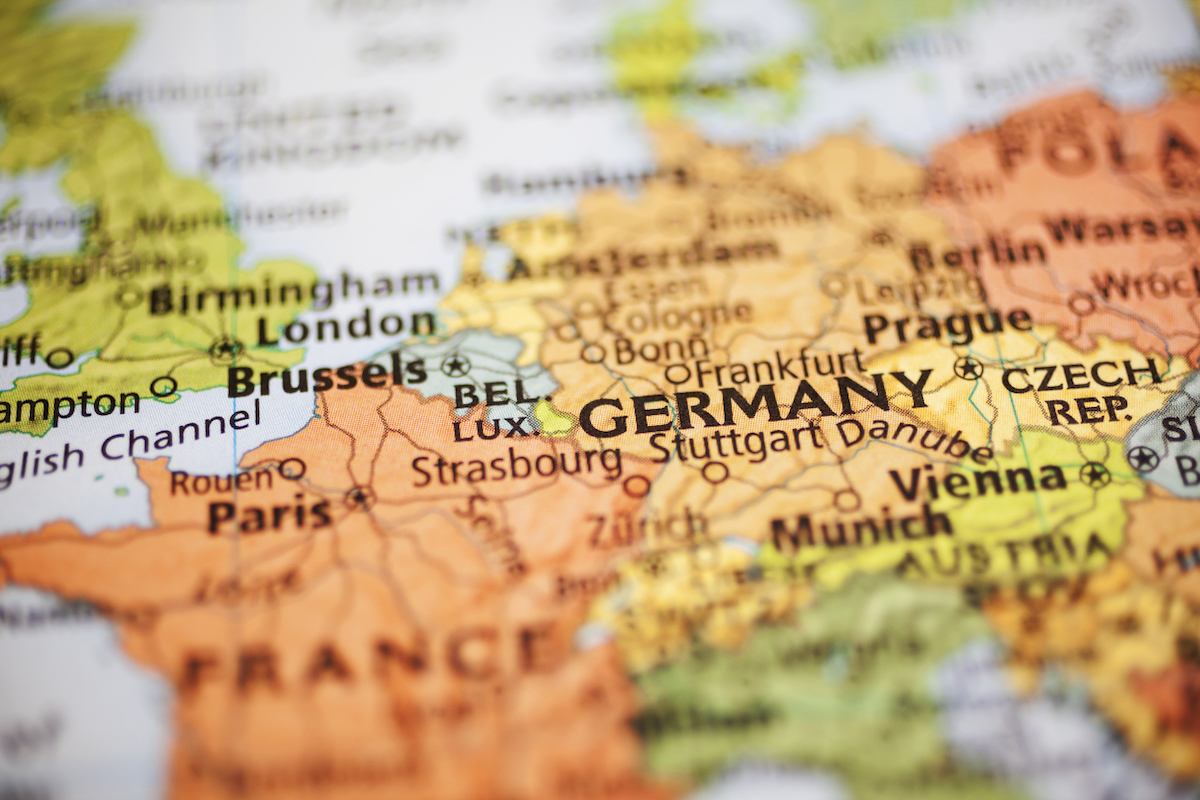What we can learn from German productivity strategies

German productivity outstrips that of its economic rivals partly due to its emphasis on vocational training, a fact-finding visit to the European country learned by meeting family-owned “Mittelstand” companies.
The visit, which saw a Be the Business delegation led by chairman Sir Charlie Mayfield gain a holistic view of the German ecosystem through meetings with the government, financial institutions and SMEs, was made to produce learnings which could feed into British efforts to improve firm-level productivity.
Alongside the discovery that vocational training, which sees half of German school leavers enter the job market with one of 327 vocational qualifications, has a big part to play, the visit also found family-owned and family-run businesses are highly productive – counter to what is happening in Britain.
In an article published in the Financial Times after joining the delegation, journalist Sarah Gordon looked at how Germany tackles the puzzle of productivity. In the feature, Be the Business CEO Tony Danker said: “It’s clear that Germany has very distinct differences in its business structure and cultural make-up. There is real interest in continuous improvement and building business networks and institutions that focus on this. This spirit and activity feels eminently replicable even if the institutions
are not.”
Gordon also spoke with Munich-based Kunststoffverarbeitung Schneppenheim, which uses an error-identification system – to which it partly credits an increase in sales of a 10th over the past year and a reduction of a quarter in lead times. The company uses quality-management methods such as Ishikawa diagrams – causal charts created by Kaoru Ishikawa that help prevent defects – and addresses problems in small “error management” teams.
Key German productivity lessons learned
- Germany has a holistic ecosystem that has evolved over time, is hard to replicate and is deeply rooted in its federalist system
- The country possesses a fragmented business support service but a collaborative and inclusive environment helps navigate this
- Industrie 4.0, a name given to the current trend of automation and data exchange in manufacturing technologies, is a topic on everybody’s agenda – but adoption is still limited
- Uniform and regulated vocational training is Germany’s unique asset and a key contributor to a productive workforce and its low unemployment rate
- Family-owned and family-run businesses are highly productive, as they sustain the income of generations, but succession planning is the biggest concern
- Research institutions and universities are seen as partners helping to drive innovation among SMEs
- There is a clear demand for Be the Business interventions such as Mentoring for Growth or Communities of Practice to encourage diffusion of strategies and ideas